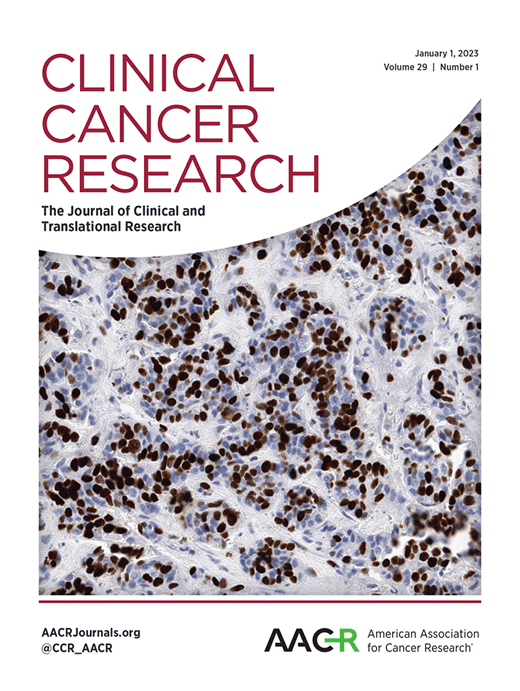
Based on another study from the Simon lab, we have known that a gene fusion called DNAJB1-PRKACA produced a mutated protein kinase A (PKA) that causes 99% of cases of fibrolamellar carcinoma. In this study, the researchers found that this gene is not only important for the growth of FLC tumors but also that blocking it can cause the cancer cells to die. This insight is critical to understanding whether targeting chimeric fusion protein would be a good strategy for therapy. This study shows that the fusion not only causes FLC, but it is essential to the continued growth and survival of FLC tumor cells.
The team conducted experiments both in cells grown in the lab and in mice with transplanted FLC tumors. When they used a special molecule called a short hairpin RNA (shRNA) to block the action of the DNAJB1-PRKACA gene, the FLC cells died, and the tumors shrank. However, when they did the same thing with a different type of liver cancer – xenografts from a hepatocellular carcinoma cell line engineered to also express DNAJB1-PRKACA – it didn’t work.
The study demonstrates that DNAJB1-PRKACA is a crucial factor in FLC, and targeting it could be a potential therapy. FLC cells are “addicted” to the chimeric protein. Without it FLC tumor cells die. This research could lead to the development of “precision medicine” treatments for FLC in the future, and may also be helpful for studying other fusion genes in pediatric cancers.
The full text of the publication can be accessed here.
